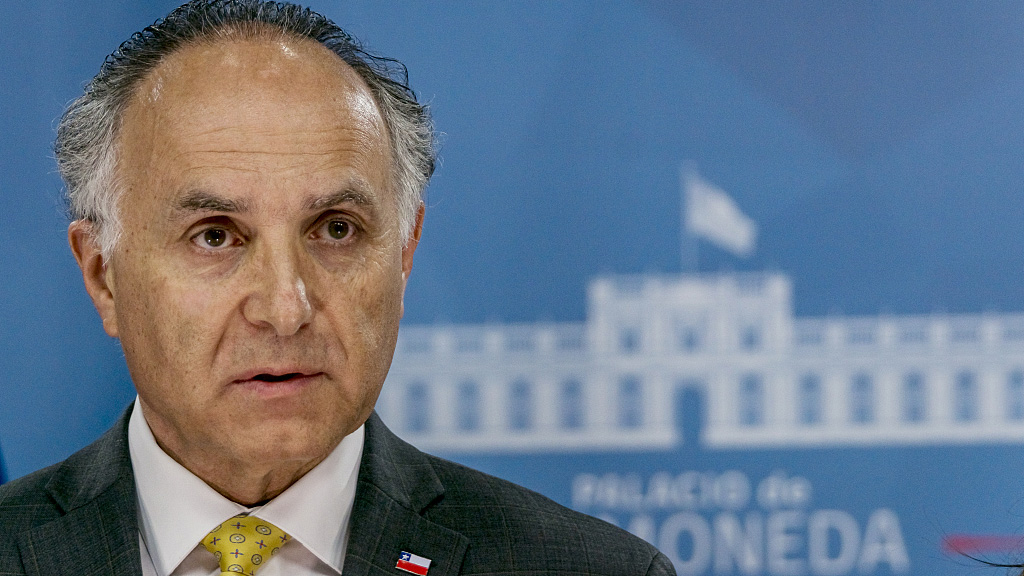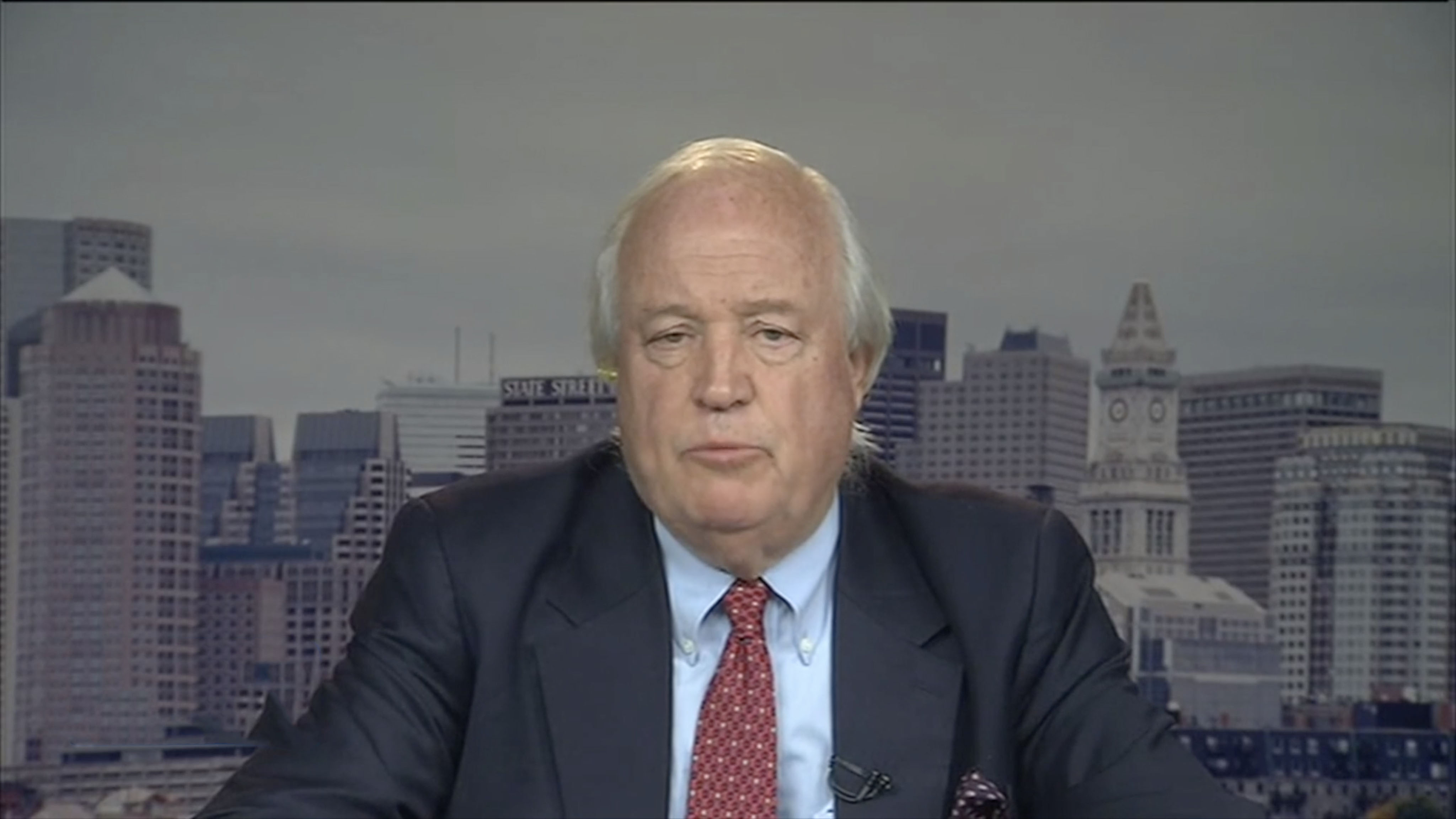01:12

Amid weeks-long protests, the Chilean government announced on Wednesday to suspend the up-coming APEC summit and COP25 climate meeting. "It's an unfortunate decision," Jorge Heine, research professor at Boston University and former Chilean ambassador to China, told CGTN. He said that Chile has been "playing a leading role" in APEC where both Chinese President Xi Jinping and his U.S. counterpart Donald Trump confirmed their participation this year.
Thousands of Chileans have taken to the street this week. So far, the massive demonstrations have shown no sign of dying down. Interesting to note is that the whole event is triggered by a 0.04-U.S.-dollars' hike in metro fare. The price hike, according to Heine, "was only the straw that broke the camel's back."
Admittedly, daily life for average Chilean is much better than it was 30 years ago and Chile, as Heine recognized, is the most prosperous country in Latin America, but the cost of living in Chile has seen a dramatic rise in recent years. Apart from metro fares, utilities, electricity and other daily necessities in the country are one of the most expensive in Latin America.
University fees, for instance, has been a major issue that has triggered widespread complaints. This is mainly driven by Chilean university system that is "for profit," Heine said. In the past few years, Chile has conducted reforms in higher education, tax and the constitution. While progress is being made, lifting an increasing number of students from heavy economic burdens, Chile, according to Heine, still has a long way to go.
00:58

"We are moving from a market economy to market society, and there is something that has gone wrong," Heine said. In fact, a slew of reforms have shaped Chile into a dynamic economy. The Latin American country is reaching out to the Asia Pacific and has clinched a great number of free trade agreements with other countries. However, some reforms, as Heine alleged, have been quite wrong-headed.
Heine highlighted the acute problems in Chile's tax system and pension reforms. The announced tax reform bill is to basically decrease the taxes on the rich, which is not what people want right now, Heine told CGTN, stressing that "we need exactly the opposite – more taxes on the rich."
In the meantime, pensions that was paid last year to ordinary Chileans were believed to be too low in a country as expensive as Chile, according to Heine. "One of the big demands of people in the street right now is for the elderly in Chile to get decent pension," Heine added.
Indeed, the Chilean government has announced a slew of measures to increase minimum wages and pensions. These, in ordinary Chileans' eye, are "very small things" and "people are expecting much more," Heine said. "The government is very slow and that is why people are still on the street and they are still complaining," Heine explained why the protests are still fermenting despite the government's reforms.
How the situation in Chile will evolve depends on the government's reaction to people's complaints. As the whole world is closely watching the situation in this Latin America country, it is high time that all parties concerned work out a solution to end the weeks-long protests.
(If you want to contribute and have specific expertise, please contact us at opinions@cgtn.com)